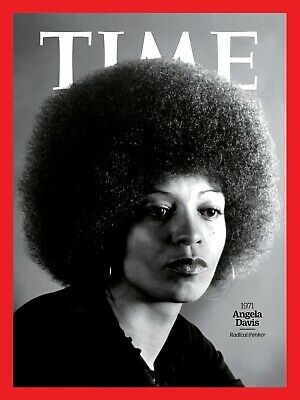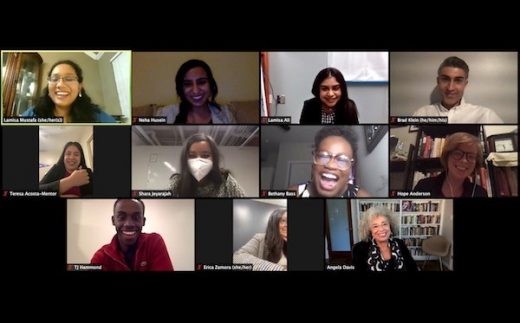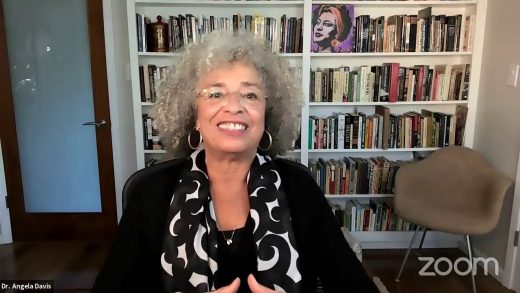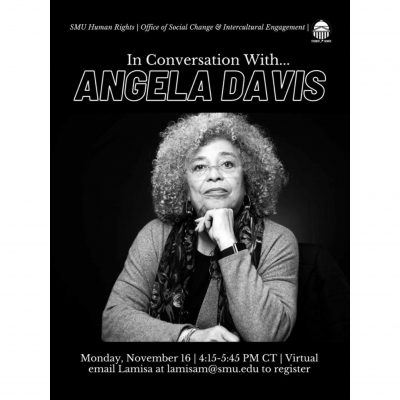Article
Lamisa Mustafa says she had no choice but to understand systemic oppression and privilege from a young age. As the daughter of Bangladeshi Muslim immigrants and a first-generation American, it was the family stories-particularly her grandfather’s lifelong advoca cy for marginalized communities-that inspired her to take up a career path committed to social justice.
cy for marginalized communities-that inspired her to take up a career path committed to social justice.
As a 2020 Humanity in Action Warsaw Fellow, Lamisa is applying what she had learned from the Fellowship to her own community. In her Action Project, she is building on the activist work she has already been doing at her university. Majoring in human rights, sociology and public policy at Southern Methodist University (SMU) in Dallas, Texas, Lamisa is part of the Human Rights Council, the student board of the SMU Human Rights Program.
As a student organization dedicated to advancing human rights consciousness, advocacy, and community, the HR Council has felt the urgency to continue the momentum of the Black Lives Matter movement and the society-wide racial reckoning.
And what better figure to inspire the young activists than Dr. Angela Davis… a true legend and one of the few living change-agents from the era of the Civil Rights Movement?
For Lamisa, inviting Angela Davis to speak was a once-in-a-lifetime opportunity to engage with a leading voice for social justice. A founding mother of civil rights, Dr. Davis has become a cultural icon and symbol of the struggle for Black liberation, anticapitalism, and feminism.
 Lamisa reflects, “In this current national and global moment of transformation, it seems as though our public imagination is only beginning to grasp concepts that Dr. Davis has been writing, teaching, and speaking about for decades. She has long been a thought-leader on issues such as intersectionality, the debate between “reforming” or “abolishing” the carceral system, and connecting domestic movements for social justice with global ones and vice versa. Many consider her as having planted the seeds for the anti-racist changes that are just now sprouting, thereby making her someone who can speak to the historical context of our country’s current sociopolitical climate unlike any other person.”
Lamisa reflects, “In this current national and global moment of transformation, it seems as though our public imagination is only beginning to grasp concepts that Dr. Davis has been writing, teaching, and speaking about for decades. She has long been a thought-leader on issues such as intersectionality, the debate between “reforming” or “abolishing” the carceral system, and connecting domestic movements for social justice with global ones and vice versa. Many consider her as having planted the seeds for the anti-racist changes that are just now sprouting, thereby making her someone who can speak to the historical context of our country’s current sociopolitical climate unlike any other person.”
 The 90-minute virtual discussion focused on the BLM movement, the recent US presidential election, and international struggles for liberation. Six human rights students were invited to ask topical questions related to their own initiatives, ranging from the deepening of social inequities during the COVID-19 pandemic to the #EndSARS Movement [the Special Anti Robbery Squad, a unit of the Nigerian police tasked with fighting violent crimes]. This was the moment for students to shine and share their stories of struggle for human rights.
The 90-minute virtual discussion focused on the BLM movement, the recent US presidential election, and international struggles for liberation. Six human rights students were invited to ask topical questions related to their own initiatives, ranging from the deepening of social inequities during the COVID-19 pandemic to the #EndSARS Movement [the Special Anti Robbery Squad, a unit of the Nigerian police tasked with fighting violent crimes]. This was the moment for students to shine and share their stories of struggle for human rights.
One of the most encouraging moments for Lamisa was the validation and recognition she and her fellow students from the Human Rights Council received from Dr. Davis, who said during the conversation that it is the young activists around her that continue to inspire her and keep her work relevant.
The conversation with Dr. Davis is just one of many events organized by the HR Council as part of the larger effort to advance and ensure racial justice on and off campus. They organize regular community check-ins and have created virtual spaces for dialogue. These spaces, called “human rights hangouts”, grant students a space to reflect and decompress, as racism is a day to day experience. The HR Council also organizes movie screenings followed by discussions, such as the “13th”, a documentary on the legacy of slavery in the prison-industrial complex, which features Dr. Davis, or the “John Lewis: Good Trouble”, which chronicles Congressman Lewis’s 60-plus years of social activism for civil rights.
Lamisa says that true activism is “daily work, not just hashtags”:
Dr. Davis is the embodiment of the multigenerational efforts required to build a better world. As both an elder and active participant in change-making, Dr. Davis inspires us all – young and not-so-young – to seek out and do something about the human rights issues that wake us up every morning.
You can watch the whole conversation with Dr. Angela Davis here.

